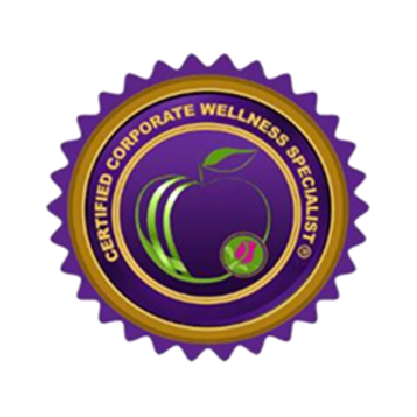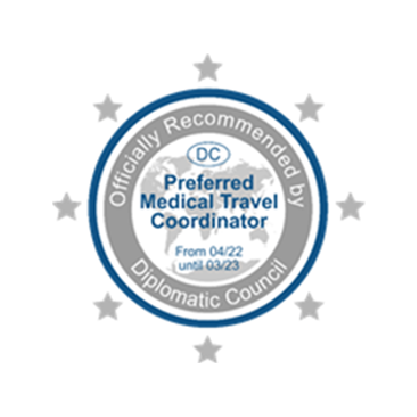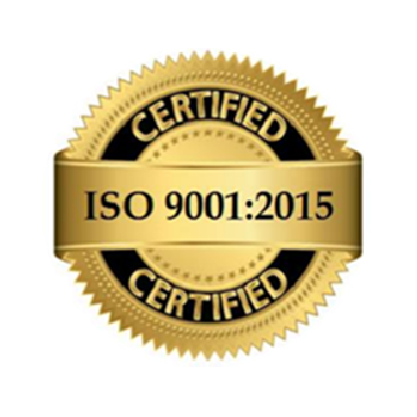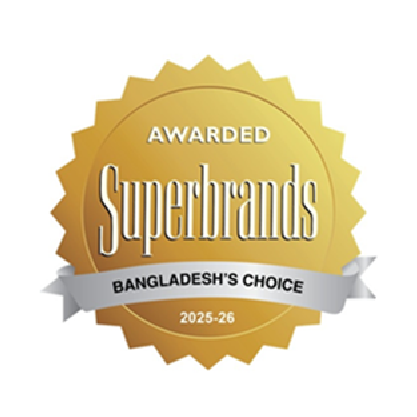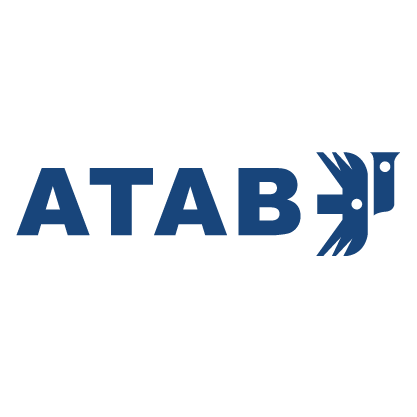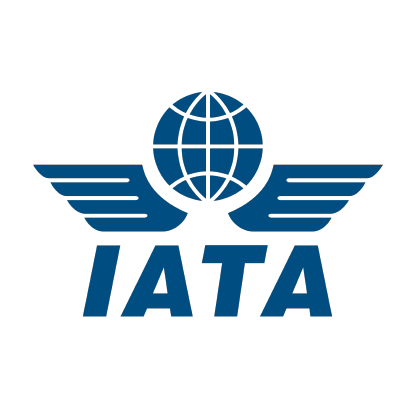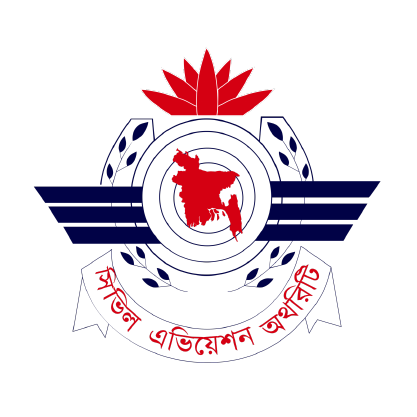- 10Apr
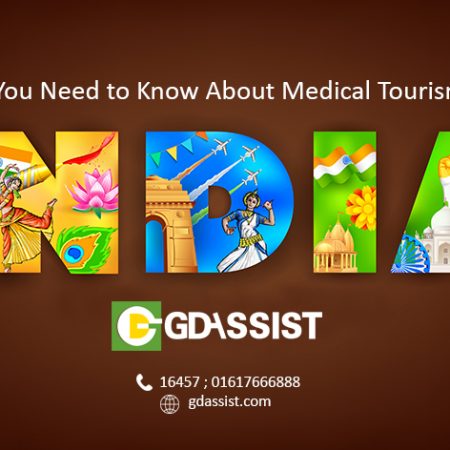
All You Need to Know About Medical Tourism in India
German. French. Polish. English. Dutch. Chinese. Bangladeshi. Thai. African… You might be tempted to think that
- 6Mar
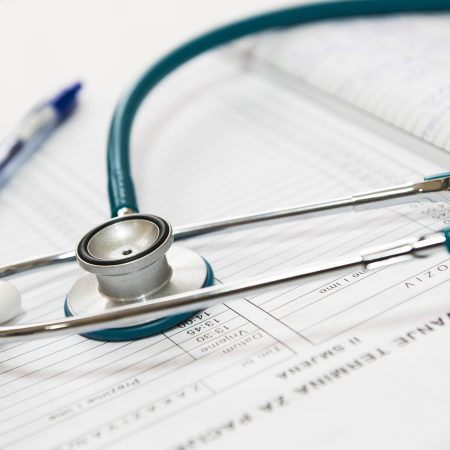
8 important things to do before medical treatment abroad
With the global medical tourism market galloping at a compounded rate of 19% , one thing
- 25Feb
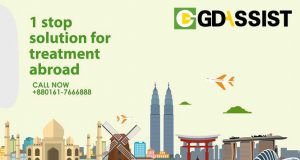
Impact of medical tourism– social, economic and political
Arafin Hossain is a strapping young man who takes his 56-year-old father every year to Singapore
- 6Aug
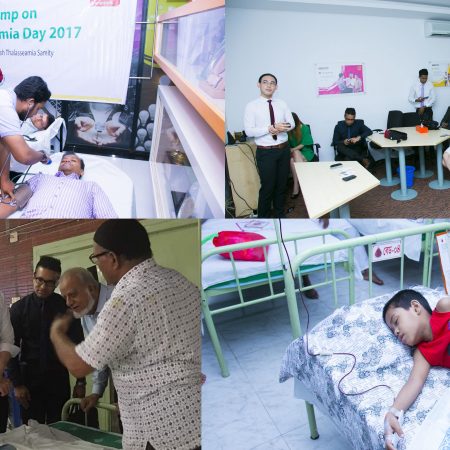
GD Assist on World Thalassemia Day
Though GD Assist was only launched in 2014, it has already begun following the footsteps of
- 26Jul
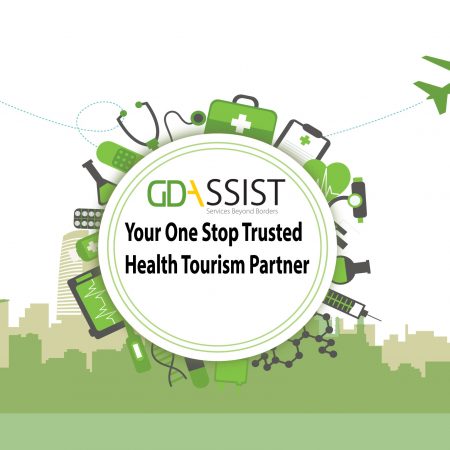
GD ASSIST: First 1 Stop Medical Tourism Solution in Bangladesh
Going abroad for medical treatment is a big step for anyone. Especially when you haven’t been
